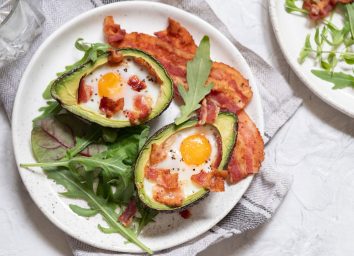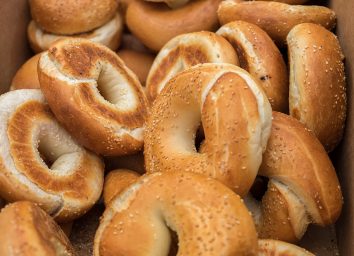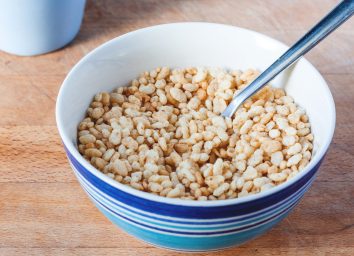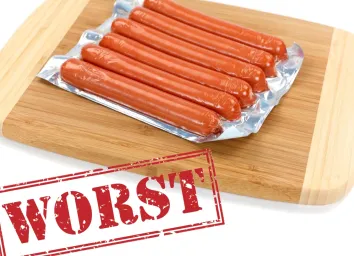9 Warning Signs You Really Need to Eat More Carbs
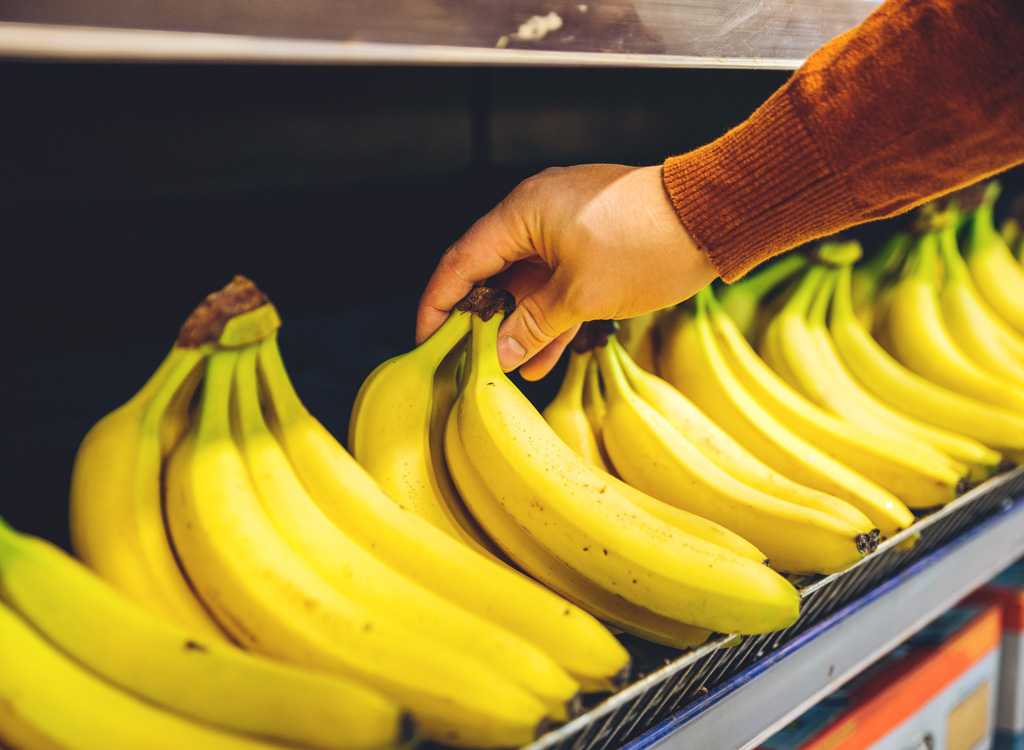
Carbs are unrightfully vilified and are often misunderstood—that’s why where are so many myths about carbs that are completely bogus.
While low-carb diets, like the increasingly popular keto diet, have been proven to help you lose weight, that doesn’t mean that eating carbs will make you fat. Or that they’ll prevent you from losing weight.
But of course, not all carbs are created equal. Those that come from refined sugars and flours can spike blood-sugar levels and stall weight loss. However, complex carbs from whole grains and veggies are necessary for good health and a flat belly. What’s more, when you don’t eat enough carbs (about 225 grams a day), you’re apt to feel plain awful—and yes, that’s even true for keto dieters.
One of the most serious health issues people experience on the keto diet is a lack of fiber. Without a proper fiber intake, you can experience a whole host of issues, from digestive distress, to a gut imbalance, to constant hunger. And guess what? Carbs are the only natural way to consume fiber.
You can either counting every gram of carbohydrate you eat to see if you hit the mark, or just look out for these telltale signs that you really need to up your intake. (Yes, keto dieters, that goes for you, too.) And when you do, be sure to make it these 24 Best Healthy Carbs To Eat For Weight Loss.
You get bad headaches
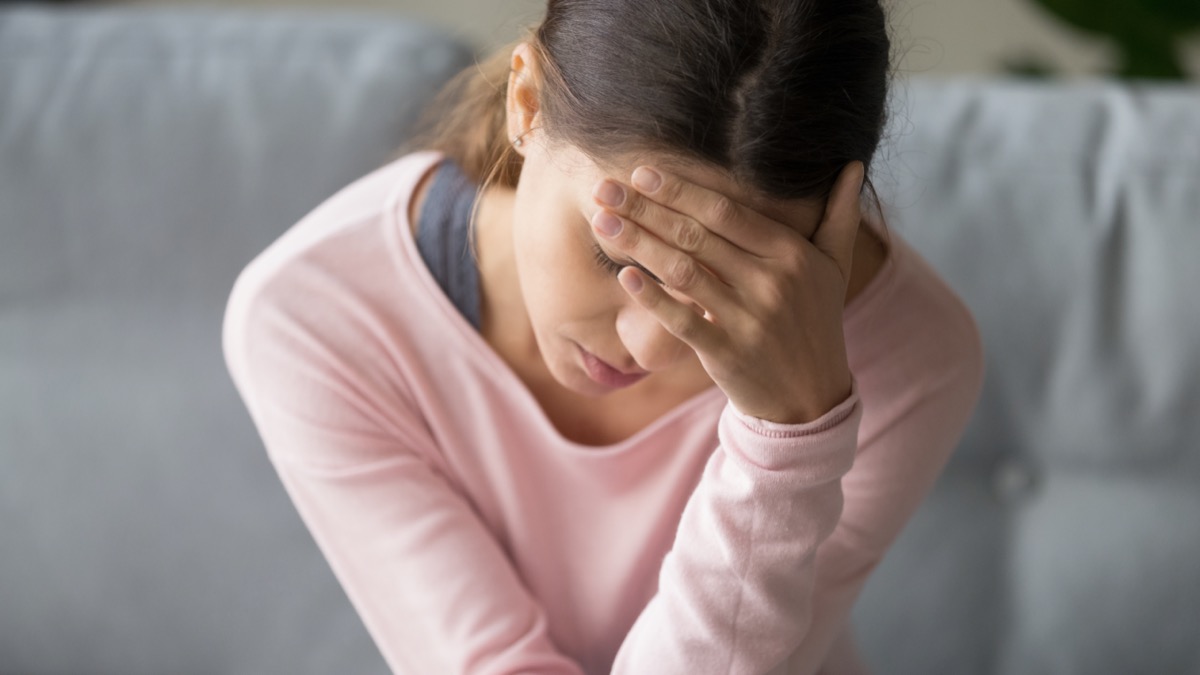
“Carbs don’t require any additional processing to make glucose, so they keep blood sugar levels steady quite effectively,” says registered dietitian Isabel Smith, MS, RD, CDN. “However, when you don’t eat enough carbs (or food in general), blood sugar levels can dip and cause headaches.” While getting headaches from time to time is normal, having them every day after embarking on a low-carb weight loss plan is a sign you may have taken things too far. Incorporate some carb-rich produce like apples, pears, and carrots to keep the pounds coming off while keeping the head-pounding pain at bay.
STAY INFORMED: Sign up for our newsletter to get the latest food news delivered straight to your inbox.
You’re often cold

Despite the fact that your thermostat reads 70°F, your teeth are chattering. Unless you have a fever, it’s likely a sign that something is off. “Low-carb dieters are at risk of developing a low thyroid function, which can make it difficult to regular internal body temperature,” says registered dietitian Cassie Bjork, RD, LD of Healthy Simple Life.
You have really bad breath
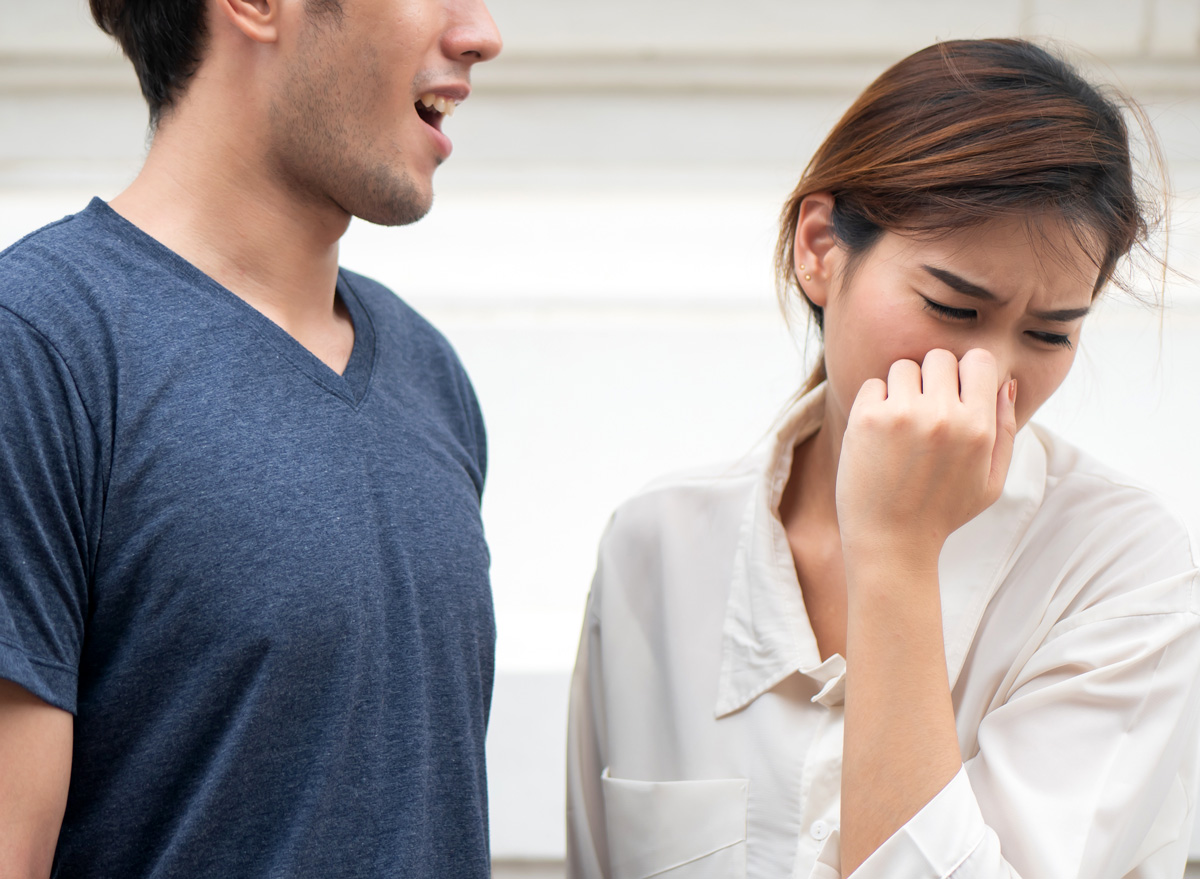
After embarking on a low-carb diet, the body turns to stored fat for energy. Although this may help your abs start to shine through (at first, at least), it can also make your breath reek. “When you don’t eat enough carbs, the body burns fat and protein for fuel. It does so by a process called ketosis. Unfortunately, using protein and fat for fuel can cause smelly breath,” says Smith. Though adding more carbs to your diet can help, so can doubling the amount of water your drink. Experts say this simple trick is an immediate cure.
You’re irregular
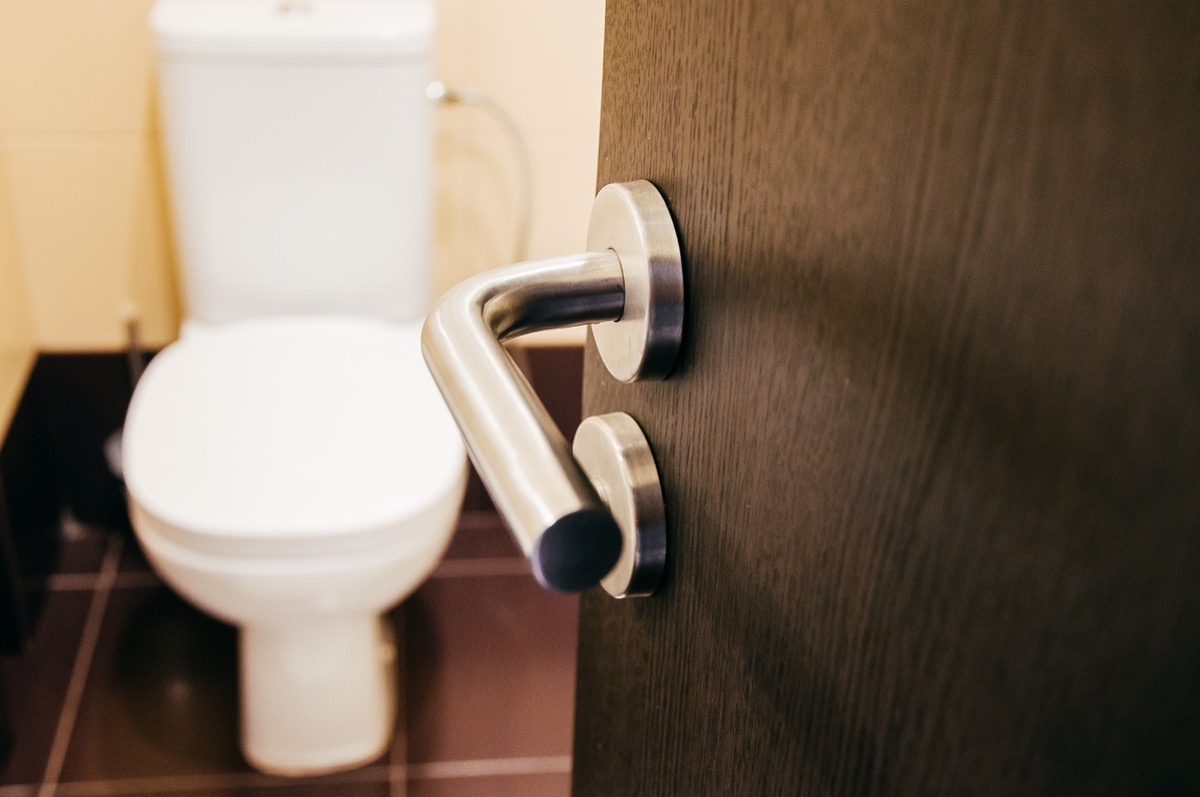
When you cut back on pasta, bread, and other whole grains, you’re often cutting out fiber as well, which can be a problem if you don’t get the nutrient from other foods like fruits and veggies. This can lead to gastrointestinal troubles, including a bloated belly and constipation. To get back on track, Bjork suggests consuming 28 grams of fiber per day from non-starchy, low-carb vegetables like broccoli, kale, spinach, and asparagus.
You’re struggling through workouts

“Carbs are the first line of use for energy for the body, so when muscle stores of carbohydrates are low, it can make some people feel lethargic and less able to sustain a high-intensity workout,” says Smith. Dial-up your carb count before your workout to ensure you have enough energy to blast away fat. And afterward, do the same. This will ensure you’re replenishing lost energy stores so you can hit the gym again tomorrow. Pack the right combination of nutrients to keep your body looking great with these post-workout snacks.
You’re not losing weight anymore
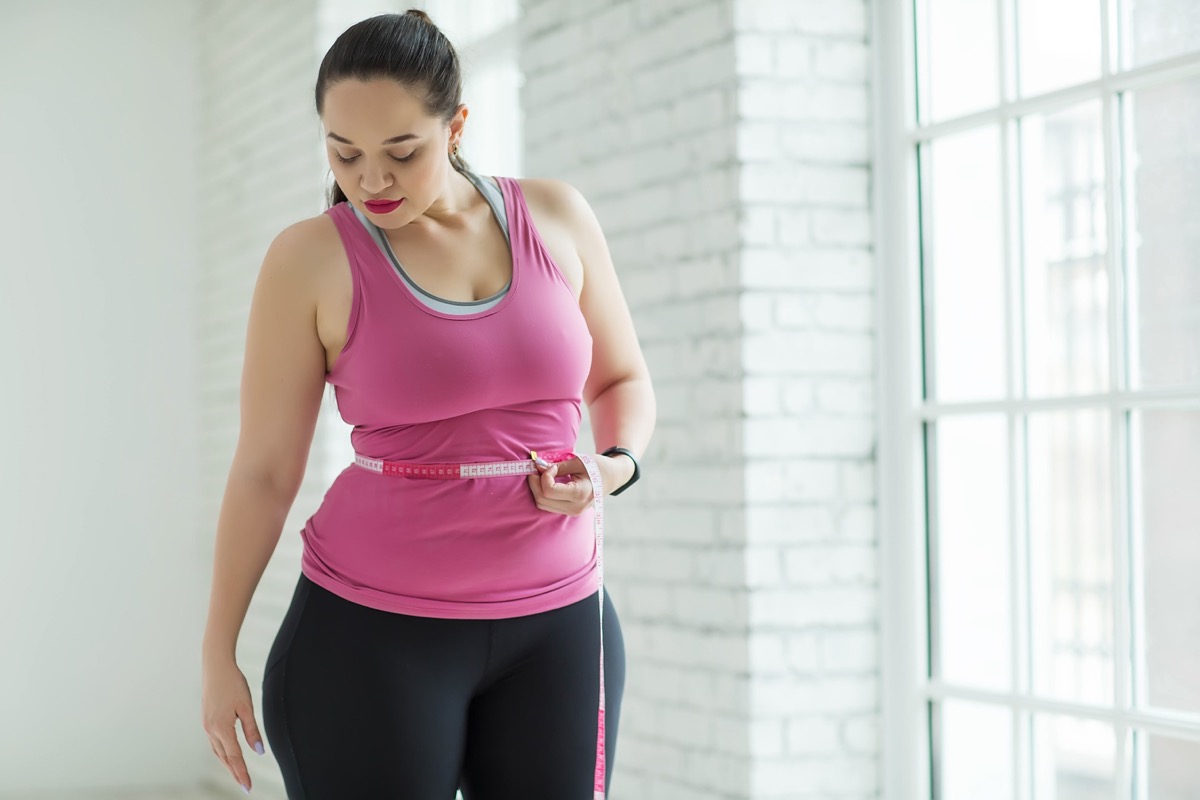
At first the fat was flying off—but you had to know that wouldn’t last, right? “A low-carb diet can stall weight loss because if you suddenly eat fewer carbs, the liver tries to make up for it by producing sugar,” says Bjork. “When blood sugar levels rise, the pancreas secretes insulin, your fat-storing hormone, so you store fat instead of shedding it.” So basically the exact opposite of what you want. Bjork says that the best way to overcome this is by carbohydrate cycling. “One day each week, add in more carbohydrates than you normally would,” says Bjork. Don’t down an entire loaf of bread, though. A high-protein smoothie will do the trick!
You’re always hungry

Most healthy carbs are often rich in belly-filling fiber, so if you don’t compensate for that with other filling nutrients, you might find that your tummy is constantly rumbling. “People on a low-carb plan are often hungry because they simply omit carbohydrates, instead of replacing them with healthy fats, which is the key!” warns Bjork. “A low-carb, low-fat eating regimen is a recipe for disaster.”
You’re always experiencing brain fog
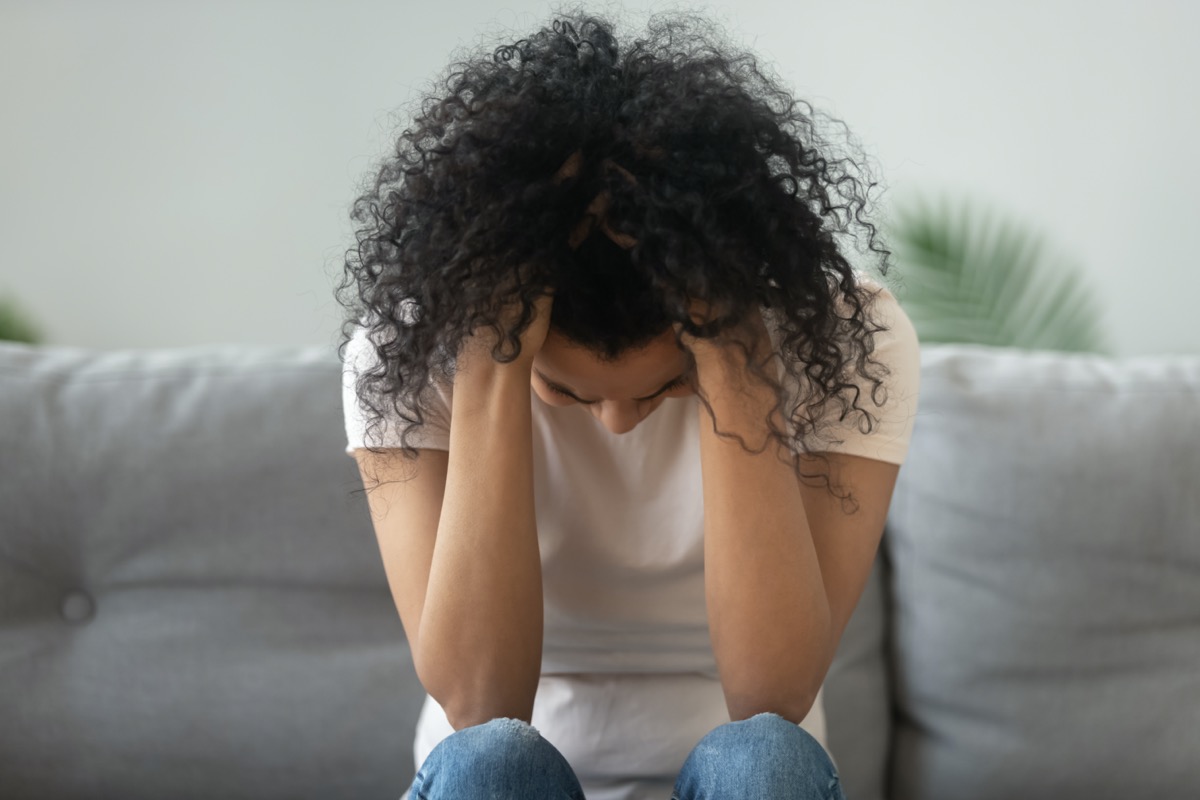
Just like your body, your brain also uses carbs for energy. When the brain doesn’t get the fuel it needs, it might leave you feeling a little bit off your game, explains Smith. One small Tufts University study found that women on a low-carb diet scored worse on memory tests than their counterparts who followed a low-cal, nutrient-balanced plan. However, when the low-carb group started eating carbs again their brains quickly returned to normal.
You’re moody and irritable

No one knows the meaning of “hangry” quite like a low-carb dieter. “When people cut down carbs—especially at first—it can make them really crabby. Mostly because they aren’t taking in as many calories and their blood sugar levels are low,” explains Smith. Starchy foods like cookies and mac and cheese are also comfort foods for many so when they can longer turn to them for, well, comfort, it can leave them feeling moody and irritable. Another reason for the low-carb blues? Carbohydrates are essential to the body’s production of serotonin, a feel-good chemical that’s produced in the brain. Fewer carbs = fewer smiles. Adding more carbs to your plate should lift your spirit, as should eating these foods that end bad moods— and don’t worry, most of them can fit right into a low-carb diet plan.
